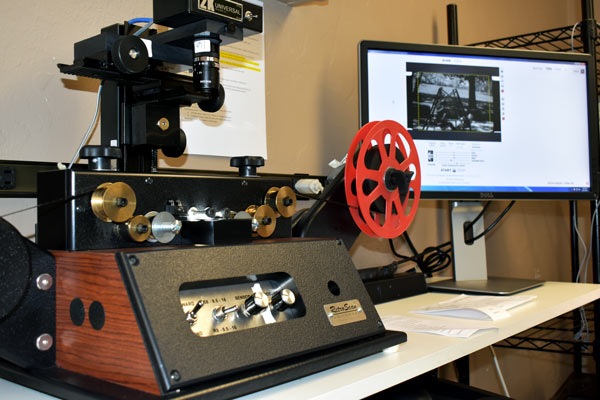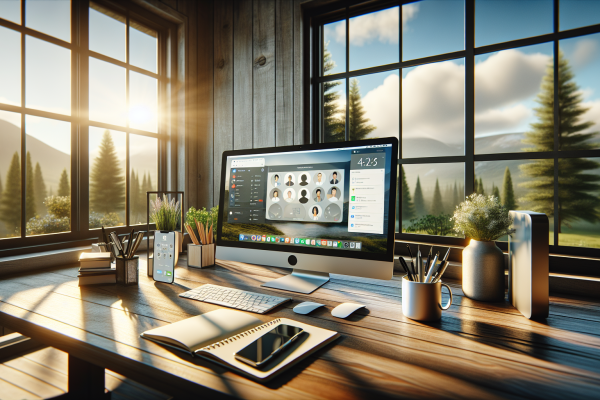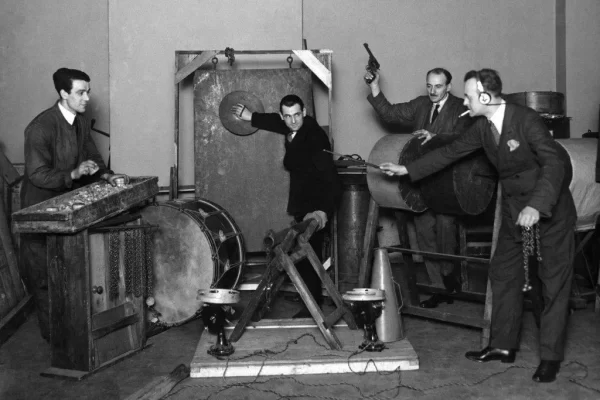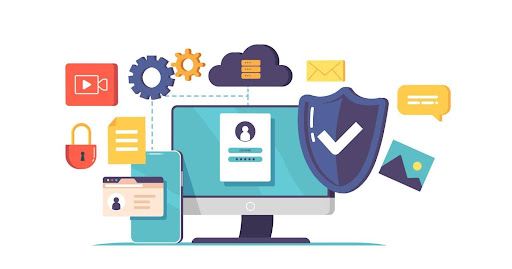One of the great inventions of the twentieth century was the video home system (VHS) tape and the video cassette recorder (VCR). They allowed people to capture the memories of their lives onto film so they could watch and rewatch them repeatedly.
Those two devices allowed people in those decades to experience their best memories again and again whenever they wanted, which is quite remarkable when you think about it.
Before that time, after an event happened, it was gone forever. However, tapes and films were not meant to last forever, but with new technology, there are plenty of ways to preserve those memories and keep them high quality.
Read on to learn why you should transfer your film to digital before it’s too late.
Table of Contents
Film Is Not a Stable Medium
VHS tapes are made of magnetic tape, susceptible to heat and moisture damage. When exposed to these elements, the magnetic particles on the video can become demagnetized, causing the image and sound quality to degrade.
The mechanical components of VHS tapes, such as the tape heads and spools, can also wear out over time, leading to further deterioration of the video quality.
Plus, VHS tapes are prone to physical damage due to their fragility. They can quickly become bent, torn, or scratched, compromising the video’s quality.
Save Space
Converting VHS tapes to digital can save significant space, especially if you have an extensive collection of VHS tapes because they may require a designated shelf or storage space. In contrast, a digital file can be stored on a small hard drive or cloud storage service and accessed from any device with an internet connection.
In addition to saving physical space, converting VHS tapes to digital can save you time and effort when organizing and accessing your media. Digital files can be easily labeled, searched, and sorted, making it easier to find and watch specific videos.
Easier to Share
With VHS tapes, you would need to physically mail or hand the tape to someone else for them to watch it. This can be inconvenient, mainly if the person you want to share the video with is far away.
In contrast, digital files can be easily shared via email, social media, or cloud storage services. All the recipient needs is a device with an internet connection, and they can access the video from anywhere. This makes it much easier and more convenient to share your videos with others, especially if you have a large collection of VHS tapes.
Converting VHS tapes to digital can also make sharing videos with a broader audience easier. You could quickly upload a digital video file to a video-sharing platform such as YouTube, allowing anyone with an internet connection to access and watch the video.
Preserve Super 8 Films and Other Types of Film
In the past, converting Super 8 and other types of film to digital formats was difficult. However, with the advancement of technology, it is now possible to easily convert these types of film to digital.
One option to convert them is to use a film scanner, which can digitize film frames one at a time. Another is to use a flatbed scanner or DSLR camera to scan each frame individually. These methods can produce high-quality digital files, but they can be time-consuming.
Another option is to use a film transfer service to convert your film to digital. These services use professional-grade equipment to scan your film and create digital files. They can also handle the process of cleaning and repairing damaged film, ensuring that the final digital files are of the highest quality possible.
Fix Imperfections
Transferring film to digital can be a helpful way to fix imperfections in the film, such as scratches, dust, and dirt. When the film is digitized, it can be cleaned and repaired using specialized software.
For example, software tools such as dust and scratch removal tools can be used to eliminate imperfections on the film frames. You can also allow color correction by adjusting the contrast, saturation, and other aspects of the image to improve its overall appearance.
Conclusion
There are many reasons that you should get your VHS tapes converted to a digital format before it’s too late. If you want to keep being able to watch your recorded memories in the future, have them converted to digital immediately.





